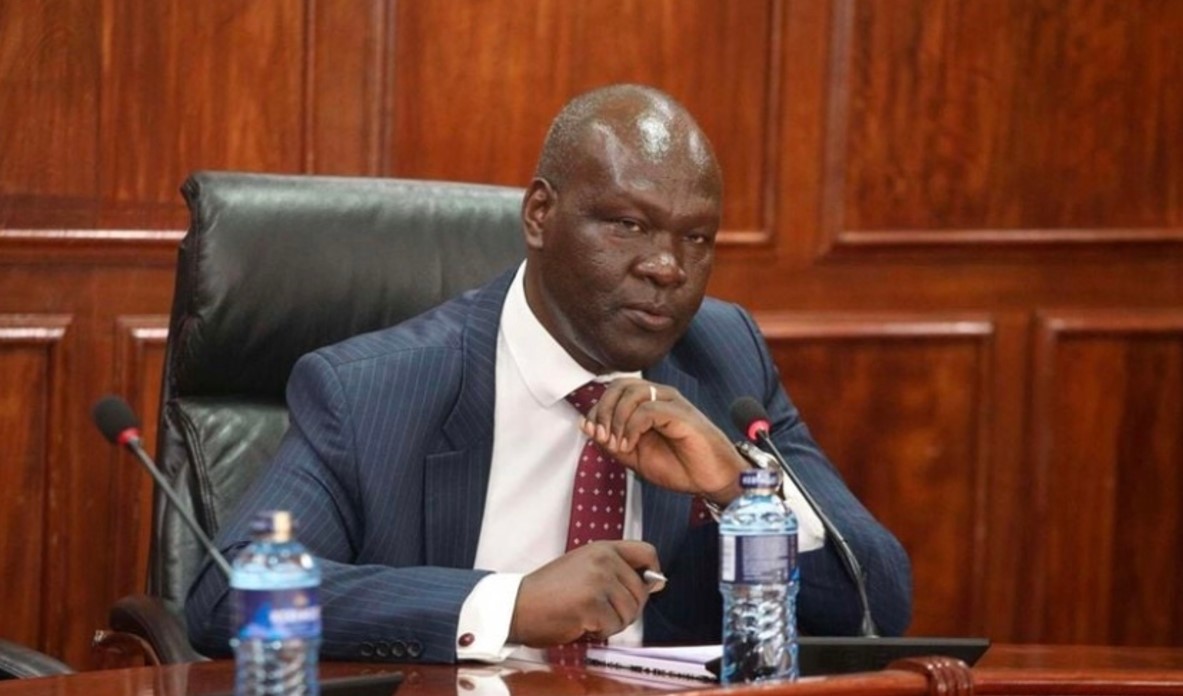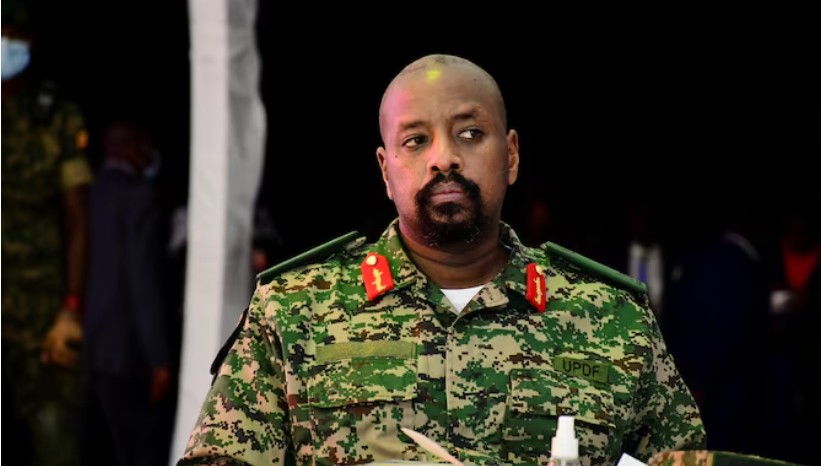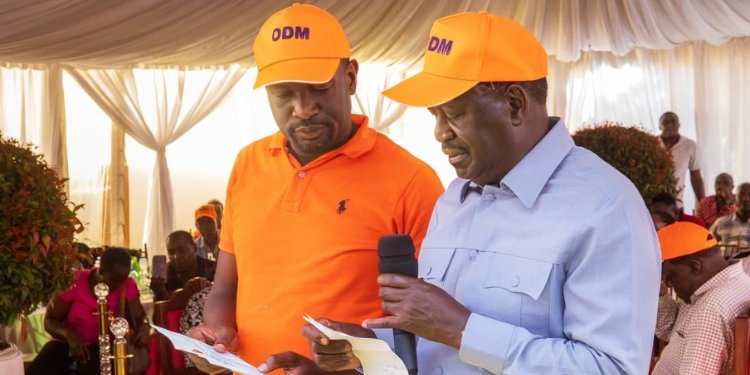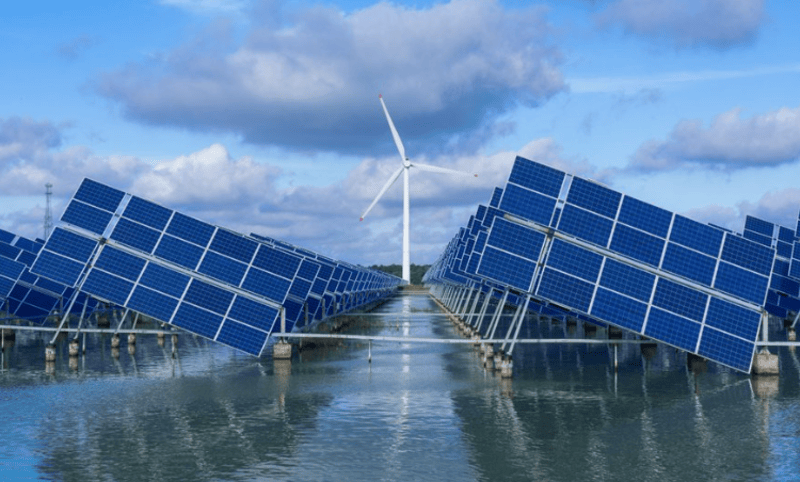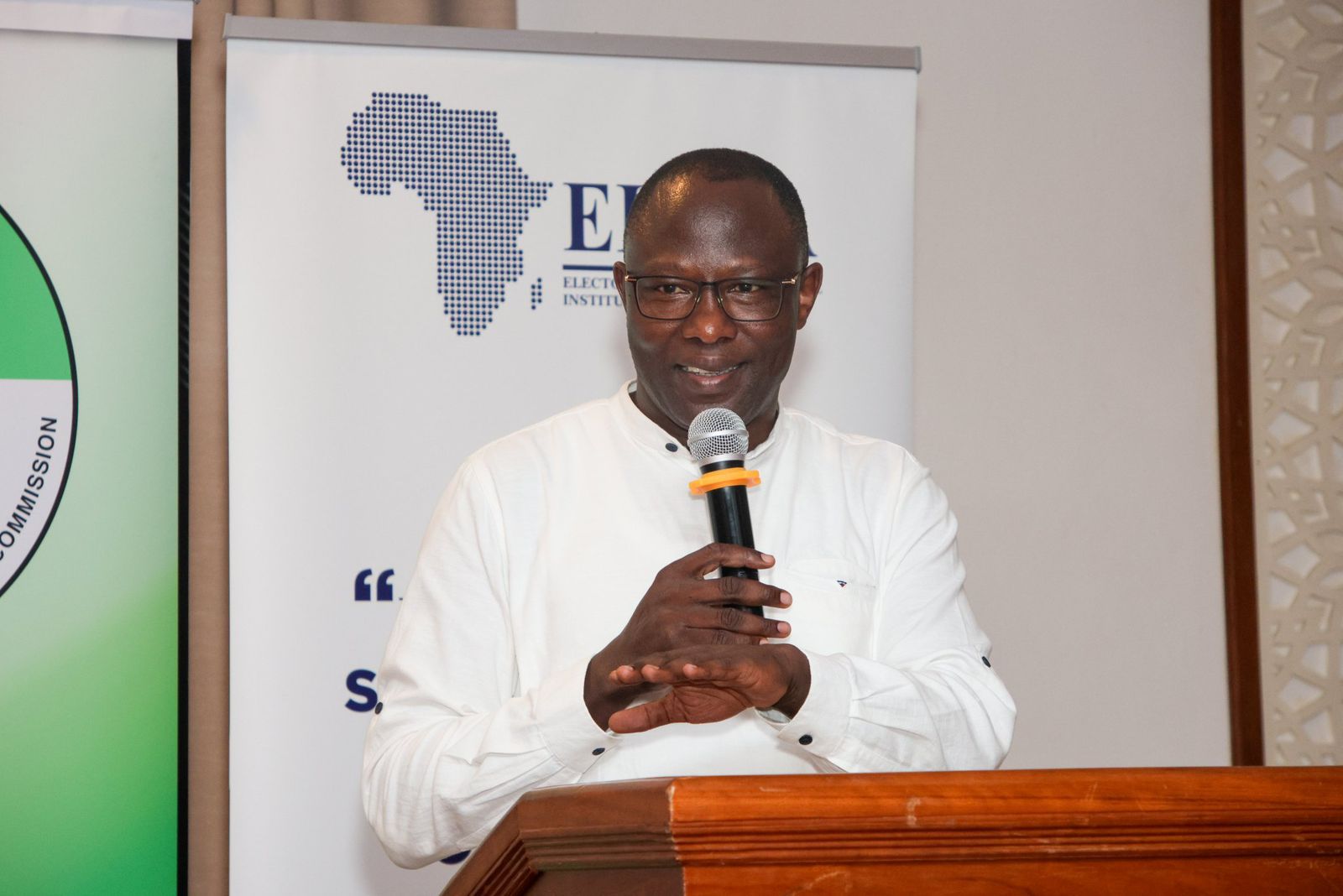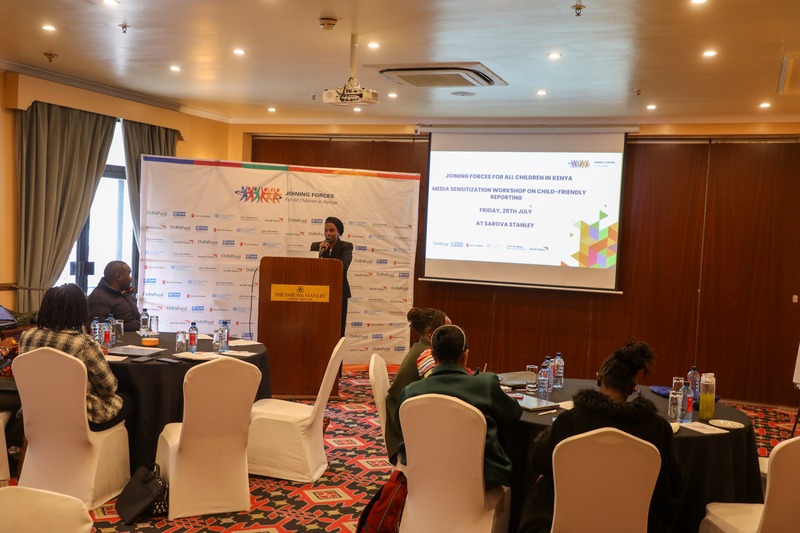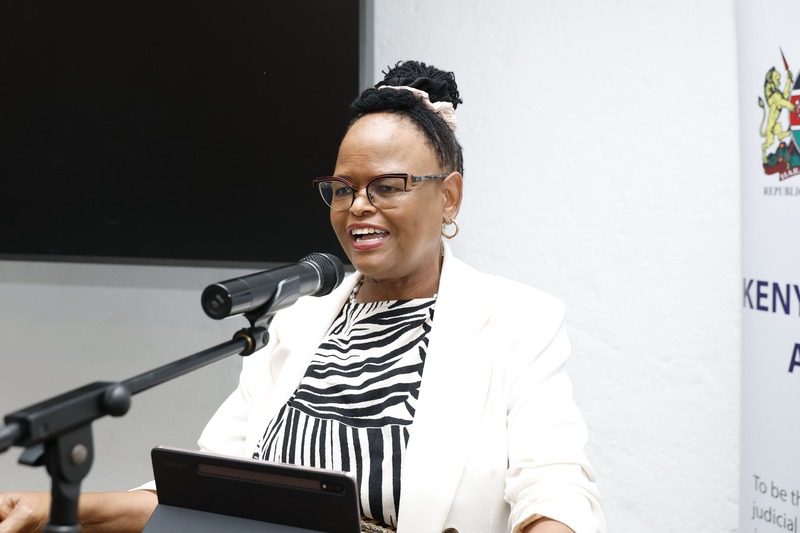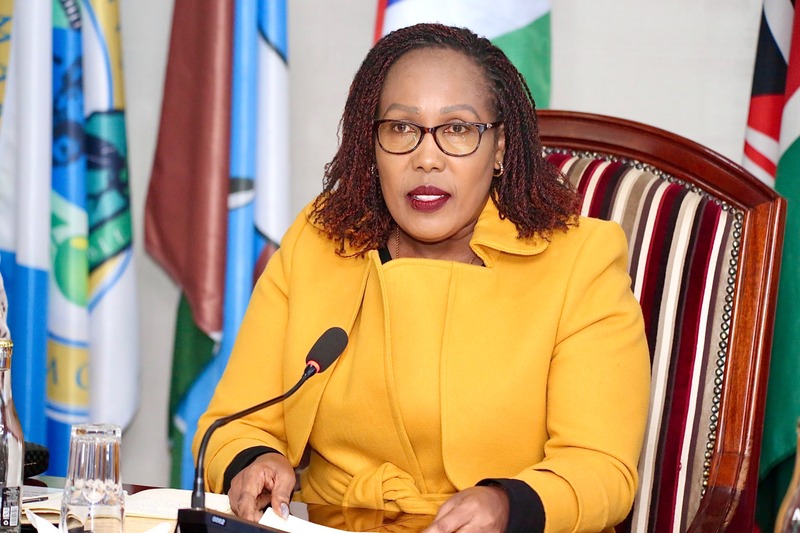World Bank withholds Sh96.93 billion loan to Kenya over delayed reforms

The loan, part of the World Bank’s Development Policy Operations (DPO) facility, was expected this month but now hangs in the balance over unmet reform conditions.
Kenya’s delay in enacting crucial reforms, including the contentious Conflict of Interest Bill, has led the World Bank to withhold a Sh96.93 billion ($750 million) budget support loan, dealing a blow to Treasury projections and potentially forcing the government into deeper borrowing or expenditure cuts.
The loan, part of the World Bank’s Development Policy Operations (DPO) facility, was expected this month but now hangs in the balance over unmet reform conditions.
More To Read
- World Bank unveils Sh16.5 billion initiative to empower Kenya’s vulnerable groups
- Conflict of Interest Bill, 2023: Senators reject key Ruto proposals to curb corruption by public officials
- World Bank assures Kenya’s debt sustainable if properly managed
- EACC granted full access to eGP system in effort to curb corruption
- Ruto's anti-graft push stalls as Senate rejects key Conflict of Interest Bill changes
- World Bank downgrades Kenya's GDP growth to 4.5 per cent in June projection
The lender said the release of the funds is contingent upon the country meeting all trigger actions agreed under the facility. Kenya had hoped to secure the disbursement in time for the start of the 2025/26 financial year in July, after budgeting for it without factoring in International Monetary Fund (IMF) support.
Among the key unmet conditions is the passage of the Conflict of Interest Bill, a law designed to raise standards of integrity and accountability among public officials and curb corruption in state procurement. The World Bank also required Kenya to implement a single treasury account for public finances and automate government tenders to eliminate collusion and insider dealings.
“World Bank development policy operations (DPOs) are contingent on the completion of prior actions and an adequate macroeconomic and fiscal policy framework,” World Bank Division Director for Kenya, Rwanda, Somalia and Uganda Qimiao Fan told Business Daily.
“We are continuing to prepare the second operation, second tranche, and the timing of the presentation of the operation to our board hinges on the government meeting the agreed prior actions and having an adequate macroeconomic policy framework for budget support.”
The World Bank disbursed Sh155 billion ($1.2 billion) to Kenya last year as part of the first tranche of the DPO facility.
The Treasury had expected to receive the latest funds this month, buoyed by the National Assembly’s passage of an amended version of the Conflict of Interest Bill in line with President William Ruto’s objections. However, the Senate rejected key provisions, stalling the reform process.
Initially, President Ruto declined to assent to the Bill in June, citing 12 clauses he said had weakened the legislation. He was opposed to, among others, a clause allowing public servants to accept gifts while on official duty. The National Assembly adjusted the Bill accordingly, but the Senate blocked further progress.
Among the clauses rejected by Senators were those barring government officials from tendering with state entities and requiring regular wealth declarations that would include details of spouses and children, measures aimed at addressing unexplained wealth.
The Bill had been backed by President Ruto’s Cabinet and carried radical sanctions to prevent public officials from doing business with government agencies. This comes amid repeated scandals where county governors, Members of Parliament, and Cabinet Secretaries have faced graft, related charges tied to multibillion shilling tenders awarded to allies or proxy firms.
Other conditions Kenya has yet to meet under the DPO framework include enhancing transparency in public spending and improving efficiency in delivering social protection benefits and services.
Treasury Cabinet Secretary John Mbadi acknowledged the setback during a parliamentary session in early June.
“The World Bank funding seems to be going to July because some of the legislation that was precedent to the release of these funds was delayed,” Mbadi said.
“The Conflict of Interest Bill was a key Bill for the World Bank to give us the funding, and when it was unlocked, there was no time to take it to the board for approval. We are going to June 30 with a Sh97 billion hole that, as CS, I did not prepare for.”
With the funding held up, the Treasury may be forced to turn to additional borrowing or slash spending to plug the gap in the 2025/26 budget. Kenya has projected increased reliance on the World Bank in the coming years, with plans to borrow up to Sh170.5 billion annually over the next four budget cycles, up from Sh129 billion in the fiscal year that ended in June.
Top Stories Today


